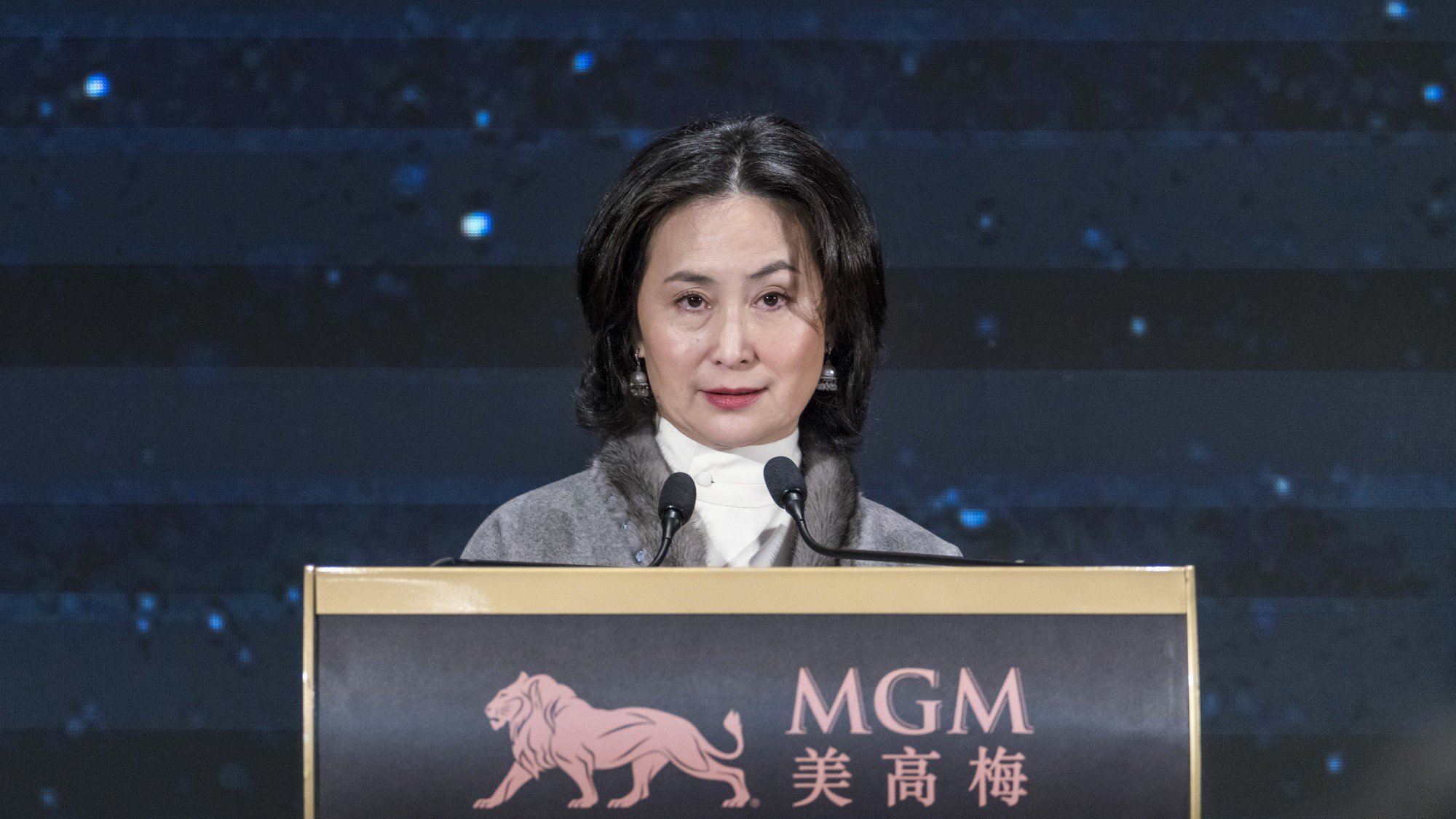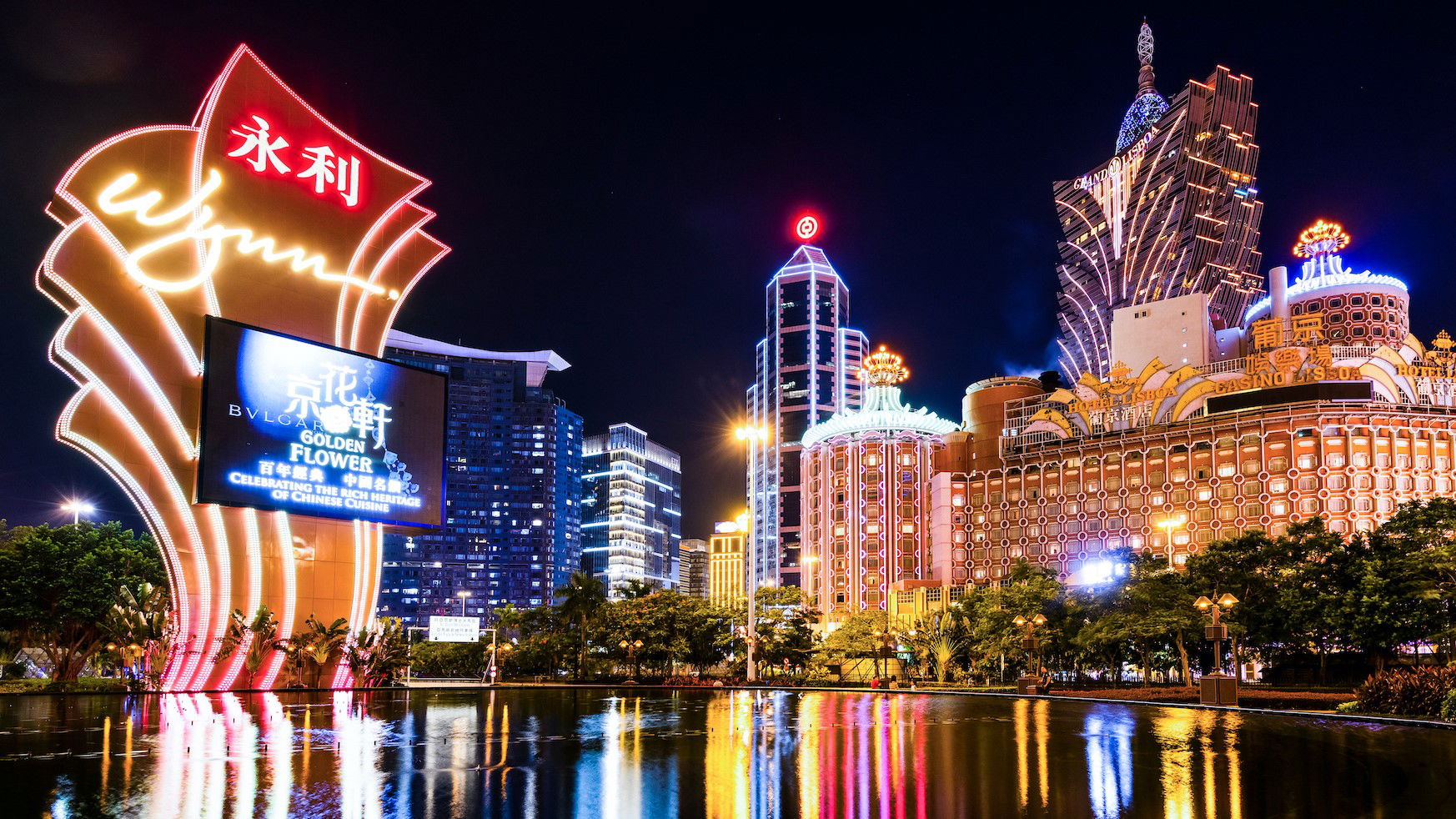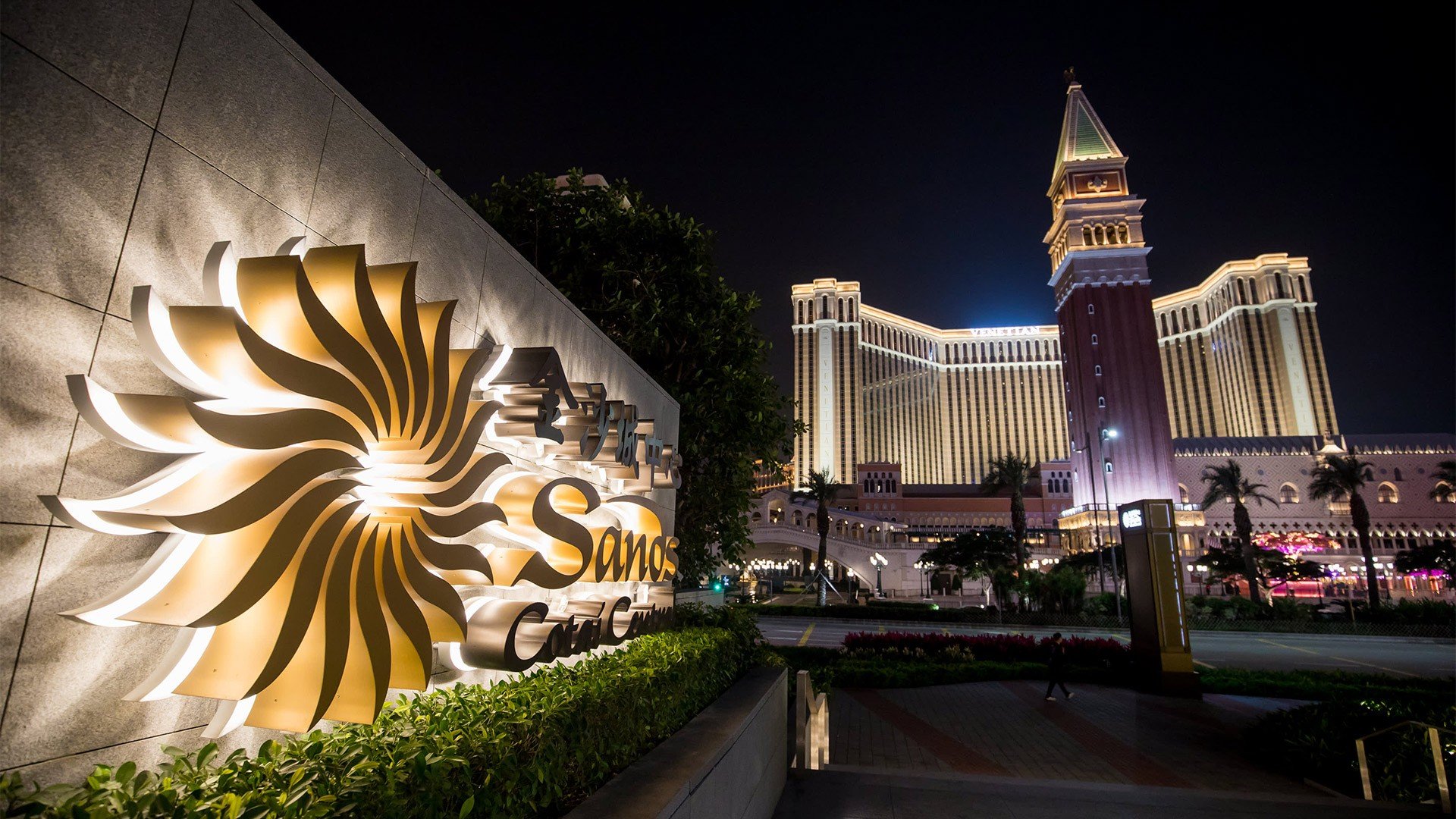MGM China eyes expansion into Thailand's gaming market

MGM China is set to explore opportunities in Thailand’s emerging gaming industry, the CEO and President of MGM Resorts International, Bill Hornbuckle, confirmed.
During a recent earnings call discussing MGM’s second-quarter performance, Hornbuckle revealed that he and Pansy Ho, Chair and Executive Director of MGM China, plan to visit Thailand next month to assess potential ventures.
“That is a venture that we’re interested in. And if we do that, we’ll do it through MGM China Holdings,” Hornbuckle told analysts, as reported by Macau Business.
The casino operator's interest in Thailand's $15.1 billion casino market was initially reported in June. Thapanee Kiatphaibool, governor of the Tourism Authority of Thailand, had earlier met with Pansy Ho to discuss the potential for collaboration.
According to brokerage CLSA, Thailand could introduce its first “entertainment complex” within five years. This development timeline is slightly ahead of MGM Osaka’s scheduled opening in 2030, a $3.4 billion venture in partnership with Tokyo-based Orix.
“I just recently returned from Japan and it’s moving along nicely. We are in the ground as we speak, and we hope to start pylons by May or June of next year with a target date still middle of 2030 for opening,” Hornbuckle was quoted as saying in the report.
Thailand currently prohibits casinos, with legal gambling limited to state-controlled horse racing and the lottery. Despite this, illegal gambling activities such as soccer betting and underground casinos are prevalent. The country aims to attract 40 million foreign visitors in 2024, a target nearly reached within the first seven months of this year.
Earlier in the week, the Thai government released a draft bill aimed at regulating the country's casino industry, with the establishment of a central regulatory body based in Bangkok and strategically placed branches across the nation.
The draft bill, spanning 22 pages, was made public by Thailand’s Council of State and is open for public feedback until August 18. Under the plan, licensees will be granted an initial 30-year license term, renewable every five years for a potential 10-year extension.
















































